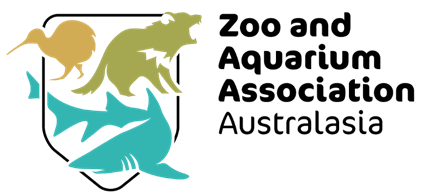40 Mins North Of Cairns
25 Mins South Of Port Douglas
25 Mins South Of Port Douglas
8:30am to 5:00pm
everyday*
everyday*
Download Brochure
07 4055 3576
Key Aspects
Environmental Sustainability
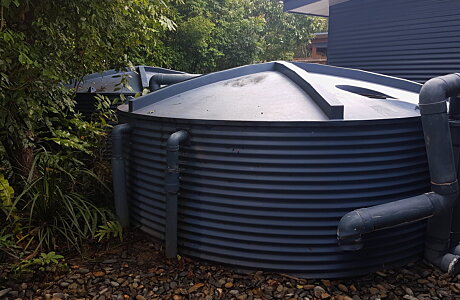
Water Conservation
- The tourism facilities rely on rainwater and water drawn from Hartley’s Creek as there is no town water supply.
- The buildings are designed to collect rainwater and divert it to storage tanks.
- The facilities feature waterless urinals, dual flush toilets and spring-loaded taps to reduce water usage.
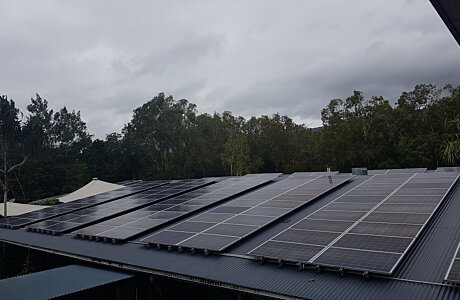
Energy Conservation
- Insulated roof and wall panels reduce the reliance on air-conditioning. Exaggerated eaves reduce exposure to walls and windows from sunlight.
- A 295 panel solar photovoltaic system capable of producing 99Kw of electricity.
- The open design of Lilies Restaurant and Gondwana Grill allows for natural ventilation and lighting.
- Low voltage LED lighting is used throughout.
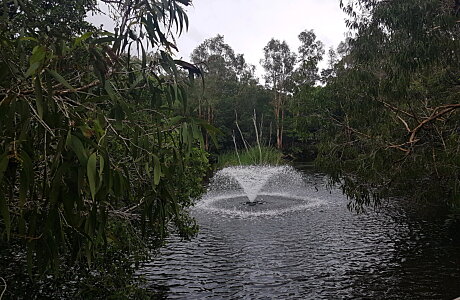
Waste Treatment
- The waste from the public toilets and restaurant is treated onsite, which is re-used for irrigation or supplementing water features.
- Limited chemical usage.
- Water recovered from the crocodile farming operations are treated in man-made wetlands. Our wetlands are aerated and planted with native water weeds to filter and reduce the nutritional load.
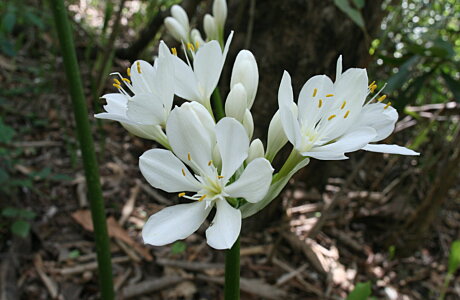
Soil Conservation
- During construction, topsoil from the numerous building sites was removed and stock piled and later used in revegetation, reducing the risk of contamination from exotic weeds in imported soils.
- Organic fertilisers are used to promote microbiological growth.
- The landscaped areas are thickly covered with mulch to reduce water consumption and weed growth.
- Unwanted vegetative material is stockpiled, mulched and returned to the gardens.
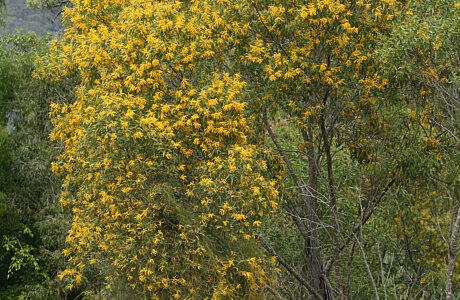
Rehabilitation
- Over 7,000 native trees and shrubs have been planted on site. Many of the seedlings were raised from native plants found locally.
- Hartley’s Lagoon is a man-made water feature, which is home to an abundance of wildlife including water birds, reptiles and aquatic species.
- In partnership with Wet Tropics Management Authority, an environmental covenant protects 3.15 hectare of rare Notophyll Vine Forest, currently under restoration. We offer a tree planting program for student and special interest groups to support this conservation initiative.
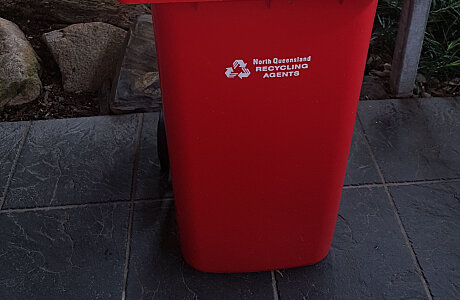
Recycling
- Cardboard from packing boxes are collected for commercial recycling.
- Plastic and glass bottles are collected daily for commercial recycling.
- Treated waste water is used for irrigation or replenishing water features.
- Cooking oil from the restaurant fryers is collected, filtered and reused as biofuel.
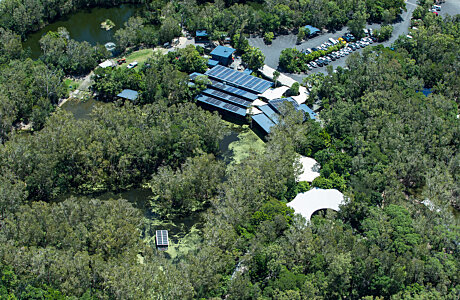
Fire Protection
- Our 29-hectare property is protected from bush fire by a mowed firebreak and onsite fire-fighting equipment.
- Controlled ‘cool’ burning reducing potential carbon emissions from wild fire.
Waste Reduction
- Biodegradable packaging for takeaway food.
- Replacement of single use packaging with either large dispenser bottles or small coral board bowls.
- Bamboo cutlery for takeaway items.

